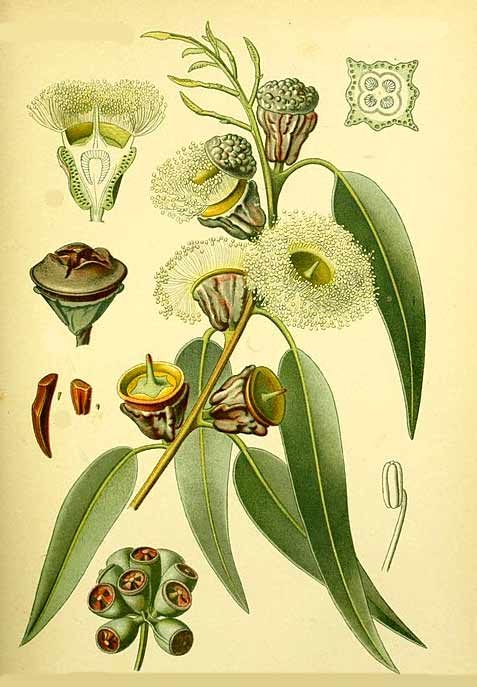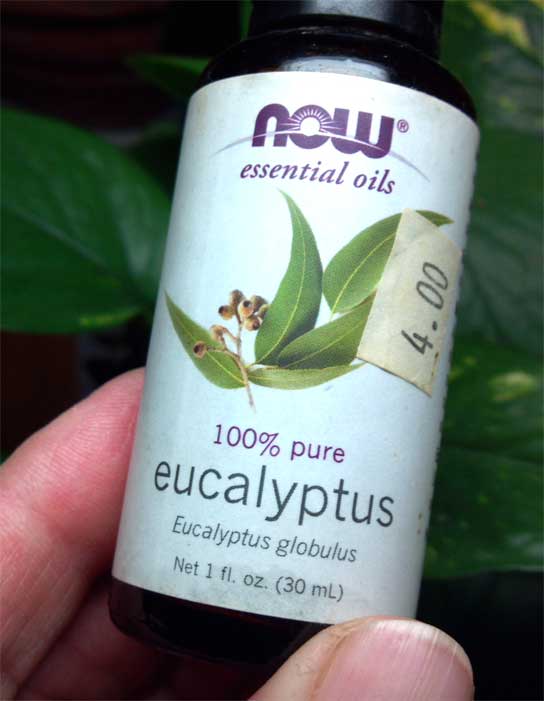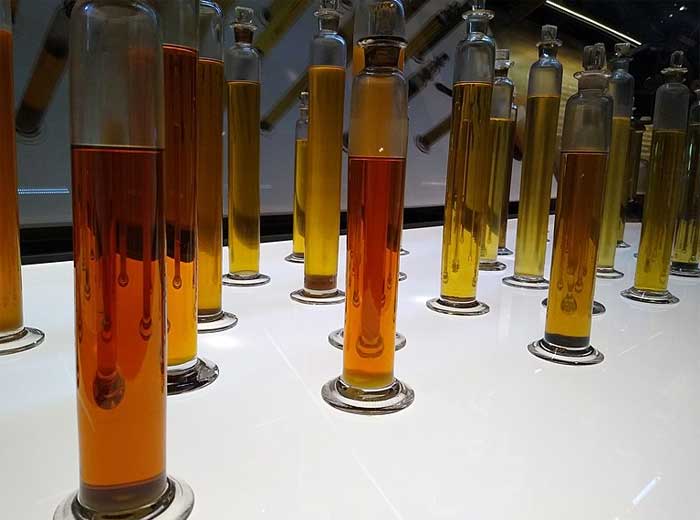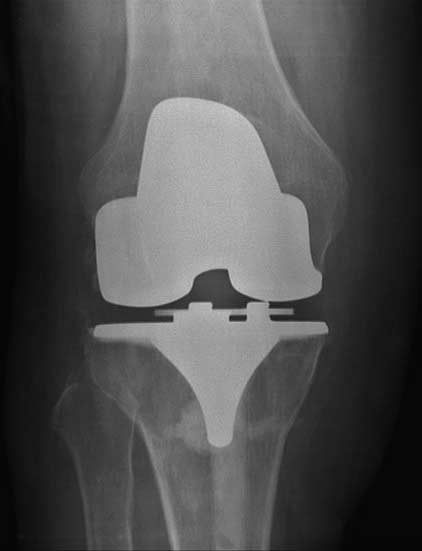Eucalyptus in natural remedies and aromatherapy
Eucalyptus (Eucalyptus globulus) is an antiseptic stimulant that can kill the influenza virus. It is an anti-bacterial expectorant and also reduces blood sugar levels.

Eucalyptus for runny noses and chest congestion
Eucalyptus, with its soothing, cooling vapor, is used as a herbal remedy for colds and flu, respiratory infections, bronchitis, sinus infections, coughs, laryngitis, sore throats, asthma, burns, cold sores, gout, abscesses, ringworm, sore muscles, aching joints, arthritis, fungal infections, blisters, chilblains, cystitis, diarrhea, fevers, malaria, and herpes.
Eucalyptus essential oil is called the Oil of Respiration. The healing oil is distilled from the leaves of the tree, which has a sharp, refreshing scent like camphor and thrives in the swampy areas of Australia.
Eucalyptus oil is antiseptic, antispasmodic, and expectorant. It purifies the air and helps the body to take in more oxygen (especially when used in the morning).

Eucalyptus essential oil for congestion
Eucalyptus oil, distilled from the leaves of the plant, is often used to treat lung problems naturally. It is added to cough drops, nasal inhalers, and throat sprays. Sniffing a few drops of eucalyptus essential oil applied to a handkerchief can relieve a stuffy nose.
The oil may also be used in an herbal bath or steam tent. Add a few drops to hot water, make a tent with a towel, and breathe the soothing aroma until your water cools.
Eucalyptus leaf tea is extremely useful in herbal medicine for removing phlegm and mucus from the lungs. It helps loosen congestion and soothes the whole respiratory system.
Eucalyptus has many uses.
Eucalyptus is known to expel worms from the digestive tract.
It makes a good herbal poultice for wounds and it also makes a good compress for painful joints.

Revitalizing!
The bottle says that eucalyptus oil is revitalizing, invigorating, and clarifying. It sure makes me feel better when I am sick with a cold.
Eucalyptus gargles and ointments
Eucalyptus can be made into a natural herbal gargle for sore throats and chest-rubs for coughs.
For gargle, make eucalyptus tea, cool, and gargle as often as necessary. For an herbal chest rub, add to homemade ointment or any herbal lotion that you have on hand. Making ointment is easy if you have some beeswax, oil, a small pan, and a heat source.
For homemade ointment, just melt a tablespoon of beeswax with 1/4 cup of vegetable oil, and stir in 8 drops of eucalyptus essential oil. It makes a wonderful and easy natural remedy for coughing and stuffiness.
Read more about making your own herbal products.
Use eucalyptus oil for arthritis pain.
Mix up some eucalyptus essential oil with a good carrier oil for use in the treatment of arthritis, painful joints, and sore muscles. Use a tablespoon full of olive oil and a few drops of eucalyptus essential oil. Apply to painful muscles and joints with gentle circular motions.
Not only is the eucalyptus working to relieve the pain, the touch from loving hands can do wonders. For extra strength, try combining ten drops of eucalyptus essential oil, ten drops of rosemary essential oil, and a quarter cup of almond oil.
Use as needed to relieve pain and relax sore muscles naturally. You can also blend eucalyptus oil with juniper or lemon essential oil for a refreshing massage.
Always dilute essential oils with a good carrier oil like olive or almond before applying to skin. Essential oils are concentrated, powerful, plant essences and should be used with caution around the elderly, babies, children, and pets.

Eucalyptus can help chapped skin and acne.
Eucalyptus makes a good herbal ointment for treating skin problems. Use on chapped hands, dandruff, sore feet, and acne.
Eucalyptus repels insects.
Eucalyptus contains cineole, a substance that is toxic to insects and some other animals in high doses. The only creatures that have evolved to eat eucalyptus leaves are koala bears and ring-tailed possums.
Cineole makes eucalyptus a natural insect repellent. Apply strong eucalyptus tea to all exposed body parts (except the face) every few hours, or as needed.
To make a longer lasting insect repellant spray, combine 1 teaspoon lavender essential oil, 1 teaspoon eucalyptus essential oil, 1 teaspoon patchouli essential oil, 1 pint of vodka, 1 pint of water, and a quarter cup of almond oil. Shake well before use.
For another good herbal insect repellant, blend eucalyptus essential oil with bergamot and lavender essential oil. Use as often as needed to keep insects from biting.
Be careful when using essential oils around pets. Some animals can have serious allergic reactions to them. Pets should always have a way to escape the aroma of essential oils, such as a screened-in porch or open window.
More uses for eucalyptus
Eucalyptus essential oil can be applied to insect bites and wounds to speed healing and stop itching.
Eucalyptus is a natural herbal remedy that clears the head with its refreshing, stimulating, uplifting, decongestive, and cleansing properties.
Use eucalyptus essential oil in aromatherapy.
Eucalyptus essential oil is often used in aromatherapy. It aids concentration and clears the air after an argument.
Sniff straight from the bottle, or put a few drops in simmering water. The aroma will do its job in no time.
To increase the expectorant properties of eucalyptus essential oil, blend with mint essential oil, thyme essential oil, lemon balm essential oil, anise essential oil, or fennel essential oil.
- Use in a herbal compress to relieve fever and skin irritations.
- Use as a steam inhalant, herbal chest rub, or in the bath for respiratory problems.
- When congested, rub a drop on each foot before bedtime.
- For sore throat, combine with tea tree essential oil and peppermint essential oil, dilute with carrier oil before rubbing on neck, around the ears, and on the chest area.

Scientific studies
Eucalyptus oil is effective in reducing pain, swelling, and inflammation, especially after knee replacement surgeries.
In one study, patients inhaled eucalyptus oil for 30 minutes for 3 consecutive days. Pain and systolic blood pressure were both lower in these patients compared to the control group.
Eucalyptus oil is good for treating osteoarthritis, respiratory infections, edema, gastritis, and diabetes.
The oil acts as a strong antioxidant, fighting free radical damage in the cells.
Some studies show that eucalyptus supports emotional stability.
It is also useful when treating burns, providing pain relief and causing less scarring.
Substances in eucalyptus act on the central neurotransmitter and olfactory systems by inhibiting uptake of serotonin. This effect is even stronger when combined with lemon oil.
Eucalyptus essential oil can remove tar.
Eucalyptus essential oil can be used to remove tar from the skin and clothing.
Eucalyptus trees are native to Australia.
There are many varieties of eucalyptus. One species native to Tasmania, is the tallest-growing flowering plant on Earth. Most eucalyptus trees are quick growers and some species may reach over 400 feet.
The leaves are leathery in texture and are studded with glands containing fragrant oil. Eucalyptus trees thrive in most situations, but will not tolerate long periods of freezing temperatures or extreme cold. In cold climates eucalyptus is generally grown as a greenhouse plant.
Eucalyptus trees have an extensive, spreading root system that absorbs vast amounts of water. Eucalyptus trees are sometimes planted in marshy, malaria infested areas to dry up and purify the soil and air.
Scientists in Australia have discovered something very interesting about eucalyptus trees. Eucalyptus trees draw up gold particles from deep in the soil via water absorbed by their root system. Money might not grow on trees, but gold grows on eucalyptus!

Eucalyptus trees have some interesting properties.
Growing in huge forests that cover millions of acres in Australia, they emit a substance that inhibits the growth of nearby plants.
Eucalyptus trees emit large amounts of volatile essential oils. These misty oils float up over the forests and cause a bluish haze over the landscape. The Australian Blue Mountains get their name from this phenomenon.
The oils inside the Eucalyptus trees are very flammable and can cause the whole tree to explode! It is not surprising that eucalyptus trees are known to be fire hazards.
I can't imagine what happens when a forest fire starts in one of Australia's eucalyptus forests. Thank goodness that the trees are such fast growers, and have built in capabilities for regeneration after a fire. They re-grow in record time.
Growing eucalyptus
Here is a good video from Royal Botanic Gardens Victoria that shows how to plant your new eucalyptus tree in the home garden.
My experience growing eucalyptus
Eucalyptus will grow in the North Georgia Mountains until the weather gets really cold. We tried growing an eucalyptus tree on Payne Mountain Farms and it did great for three years. The third winter, when temperatures dipped to around zero Fahrenheit, it died.
Eucalyptus is a beautiful plant with round, silver leaves but even with a heavy mulch, it can not take single digit weather. Of course some varieties are hardier than others. I might try growing another variety of eucalyptus in a pot because it is such a useful plant, especially for the sinuses.
*Eucalyptus essential oil is toxic in large doses. Avoid eucalyptus essential oil if you have high blood pressure or epilepsy.
Do not drink eucalyptus tea if you have inflammatory disease of the bile ducts or severe liver disease. Do not use eucalyptus essential oil for more than two weeks. Excess use can cause headaches, convulsions, and delirium. Do not apply near the eyes.
Do not take essential oils internally. Always dilute essential oils with good carrier oil before use (such as almond or olive oil). Always consult with a healthcare professional before using any herbal remedy especially if pregnant, nursing, or taking other medicines.
Sources:
https://www.ncbi.nlm.nih.gov/pmc/articles/PMC3703330/
Blessings to you and yours!
Thanks so much for reading my blog. Jan.

*Note - the information on this website has not been evaluated by the Food and Drug Administration.
© 2005-2024 website design and content by Janice Boling